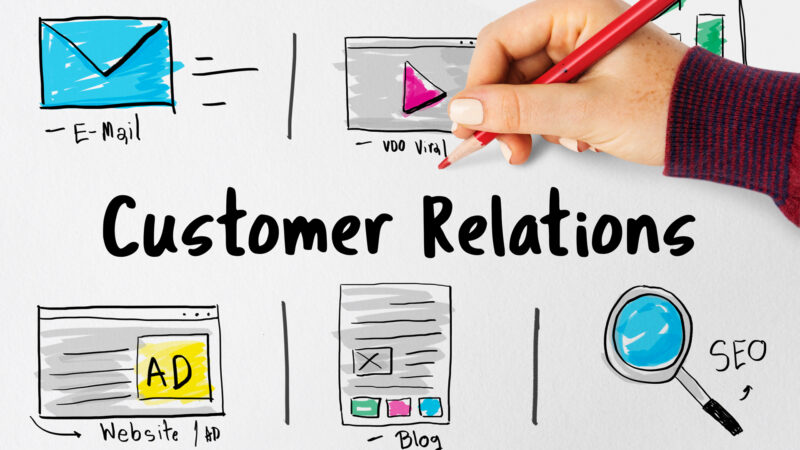The rapidly growing digital era has led to transformation in public relations strategies significantly considering the need to adapt to new technologies and platforms to effectively communicate and manage brand reputation. The digital revolution has brought about a paradigm shift in the way PR agencies operate, enabling them to reach a wider audience and engage with stakeholders in real-time. PR professionals must adapt to the changing landscape and embrace digital tools and platforms to enhance their clients’ reputation in the online realm.
One of the most prominent changes in the PR landscape is the emergence of social media platforms providing direct access to platforms like Facebook, Twitter, Instagram, and LinkedIn. They can share news, updates, and relevant information instantly, amplifying the reach of their messaging to a wider audience. PR professionals are leveraging the power of social media to build and maintain relationships with key stakeholders and engage specific demographics and niche communities more effectively through tailored messages.
Secondly, in the digital era, vast amounts of data are generated, providing valuable insights into audience behavior, preferences, and sentiment. Public Relations agencies are now equipped with new-age tools and technologies to analyze this data and make data-driven decisions. This data-driven approach allows PR professionals to craft targeted communication strategies, identify emerging trends, and measure the impact of their efforts accurately by utilizing various social media management tools and analytics platforms.
Furthermore, the digital era has witnessed the rise of content marketing and storytelling with focus on creating compelling and shareable content that resonates with their target audience. By creating engaging content, such as videos, infographics, and interactive campaigns, PR professionals can cut through the noise and deliver their clients’ messages effectively. However, in the digital age, negative news or customer complaints can quickly go viral, damaging a brand’s reputation. Therefore, PR professionals must be proactive in addressing online reputation issues promptly and also develop effective crisis management strategies to mitigate the impact of negative publicity in real-time.
The digital era has necessitated a shift towards integrated marketing communications. PR professionals now collaborate closely with digital marketing teams to align messaging and campaigns across various channels. This synergy ensures consistent brand messaging and a seamless user experience. By working in tandem with digital marketing teams, PR professionals can optimize their clients’ digital presence and leverage online platforms to drive brand reputation, customer engagement, and conversions.
The digital era has also brought about an increased focus on crisis management for public relations and public affairs in India. With information spreading rapidly online, a crisis can escalate within minutes and have severe implications for a brand’s reputation. PR professionals need to be proactive, monitoring online conversations, addressing issues promptly, and communicating updates in a transparent and clear manner. They must have a robust crisis management plan in place and be prepared to handle potential crises effectively in the digital realm.
As technology continues to evolve, PR professionals must stay abreast of the latest trends and strategies to effectively navigate the ever-changing digital landscape and deliver impactful results for their clients. By leveraging social media, personalized communication channels, online reputation management, data-driven insights, and collaboration with digital marketing teams, PR professionals can effectively navigate the digital era and drive positive brand perception for their clientele.




